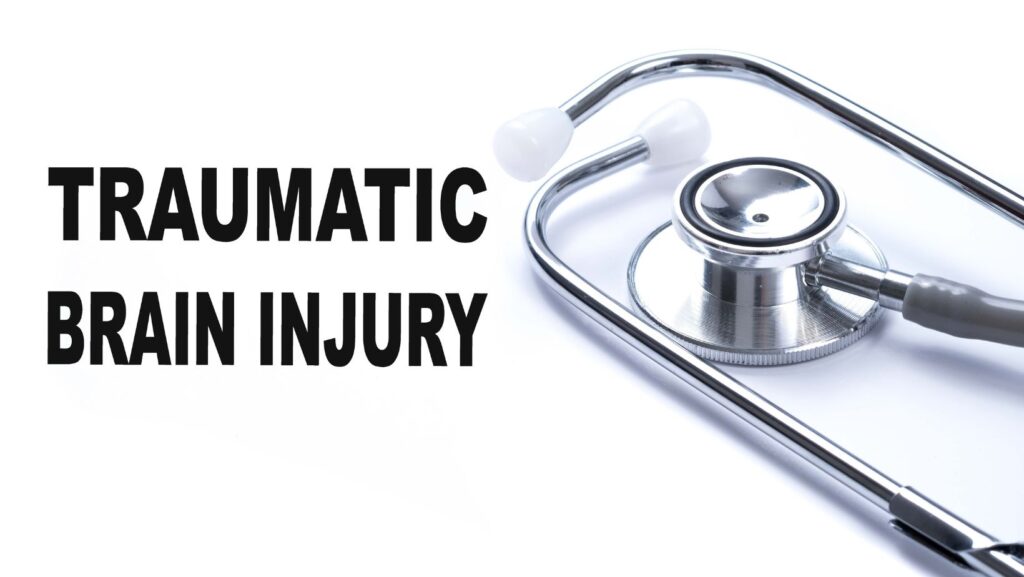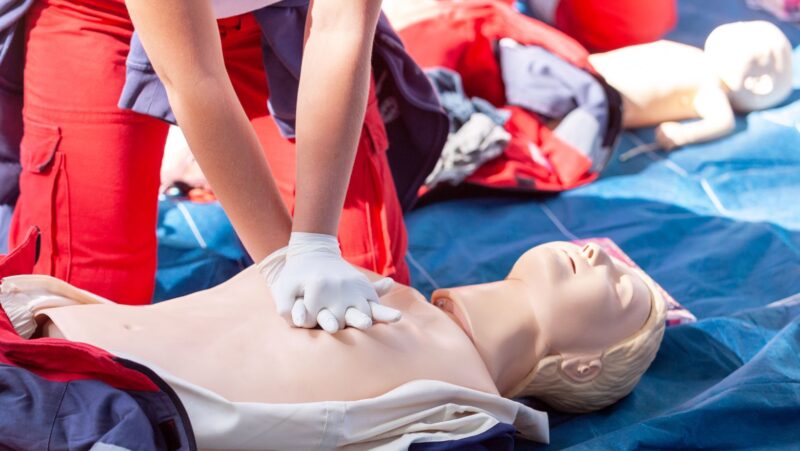
Traumatic Brain Injuries (TBIs) are a significant public health concern that affect millions of people worldwide each year. But what exactly is a TBI? Simply put, a TBI occurs when an external force impacts the brain, causing damage and disrupting normal brain function. Whether it’s from a fall, a car accident, or a sports injury, the effects can be life-altering. For those who suffer from a TBI, understanding both the immediate and long-term consequences is crucial. This blog post will provide a comprehensive look at the long-term effects of TBI, shedding light on physical, cognitive, emotional, and psychological impacts, and offering insights into ongoing research and support systems.
Immediate and Short-Term Effects of TBI on Individuals
When a TBI occurs, the immediate effects can range from mild concussions to severe brain injuries. These short-term effects often include headaches, dizziness, confusion, and loss of consciousness. In more severe cases, individuals may experience seizures, prolonged unconsciousness, or even coma. Early diagnosis through professional medical imaging, such as CT scans or MRIs, is vital for assessing the extent of the injury and determining the best course of action.
Prompt medical attention can mitigate some of these initial symptoms, but it’s only the beginning of the recovery process. The short-term effects often evolve, leading to more complex challenges as time progresses. Medical professionals focus on stabilizing the patient and preventing further complications, but the road to recovery is often long and filled with uncertainties.
Long-Term Physical and Cognitive Impacts of TBI
The long-term physical impacts of TBI can be diverse and debilitating. Many survivors experience chronic headaches, persistent fatigue, and motor function impairments. These physical limitations can significantly affect one’s ability to perform daily activities and maintain independence.
Cognitively, TBIs can lead to lasting deficits in memory, attention, and executive function. Tasks that were once simple, such as remembering names or following a recipe, become daunting challenges. Rehabilitation often includes cognitive therapy and exercises designed to improve these skills, but progress can be slow and frustrating.
Professional medical imaging plays a crucial role in monitoring these long-term effects. Regular scans at facilities such as Professional Imaging St. Louis help doctors observe changes in brain structure and function, guiding treatment plans and adjustments. This ongoing assessment is essential for tailoring therapies to the individual’s evolving needs.
Emotional and Psychological Effects on TBI Survivors and Their Families
The emotional and psychological toll of a TBI extends far beyond the individual. Survivors often face mental health challenges, including depression, anxiety, and mood swings. The trauma of the injury and the struggle with long-term recovery can lead to feelings of helplessness and frustration.
Families of TBI survivors also bear a heavy burden. They must adapt to new caregiving roles, often without prior experience or training. The strain can lead to familial conflicts, financial stress, and emotional exhaustion. Support groups and counseling services are invaluable resources for both survivors and their families, providing a space to share experiences and find solace in community.
Understanding that emotional healing is a critical component of overall recovery is essential. While medical treatments address physical and cognitive issues, emotional and psychological support helps rebuild a sense of normalcy and hope.
Coping Mechanisms and Support Systems for Long-Term TBI Management
Managing the long-term effects of TBI requires a multifaceted approach. Coping mechanisms such as physical therapy, occupational therapy, and cognitive rehabilitation are crucial. These therapies aim to improve motor skills, enhance cognitive functions, and increase overall quality of life.
Support systems, including family, friends, and professional caregivers, play a vital role in the recovery process. Encouraging independence while providing necessary assistance strikes a delicate balance that fosters growth and self-reliance. Additionally, community support networks and online forums offer opportunities for connection and shared learning.
Technological advancements also contribute to long-term management. Apps and devices designed to aid memory, organization, and daily tasks can be game-changers for TBI survivors. Leveraging these tools can significantly enhance one’s ability to cope with the challenges posed by a TBI.
Insights into the Ongoing Research and Future of TBI Rehabilitation
Research in the field of TBI is continuously evolving, offering new hope for improved treatments and rehabilitation methods. Scientists are exploring innovative therapies such as neuroplasticity-based exercises, which aim to rewire the brain and restore lost functions. Stem cell research is another promising avenue, with the potential to repair damaged brain tissue.
Professional medical imaging remains at the forefront of this research. Advanced imaging techniques, like functional MRI (fMRI) and diffusion tensor imaging (DTI), provide detailed insights into brain activity and connectivity. These technologies enable researchers to better understand the mechanisms of TBI and develop targeted interventions.
Future developments in TBI rehabilitation are expected to focus on personalized medicine. Tailoring treatments to the individual’s unique brain structure and injury specifics promises more effective and efficient recovery paths.

The integration of AI and machine learning in medical imaging and treatment planning also holds significant potential.
Final Thoughts
Understanding the long-term effects of Traumatic Brain Injury is essential for survivors, their families, and healthcare professionals. The physical, cognitive, emotional, and psychological impacts are profound and multifaceted, requiring comprehensive and ongoing management. Through professional medical imaging, innovative therapies, and robust support systems, we can improve the quality of life for TBI survivors.
The future of TBI rehabilitation looks promising, with cutting-edge research paving the way for more personalized and effective treatments. If you or a loved one is navigating the challenges of a TBI, know that you are not alone. Reach out to support networks, explore available resources, and stay informed about the latest advancements in TBI care.













